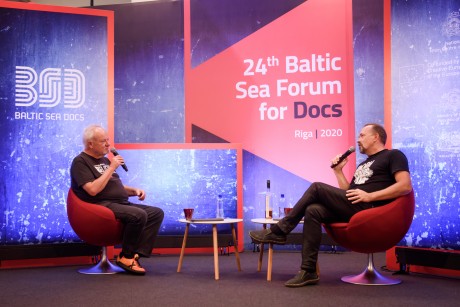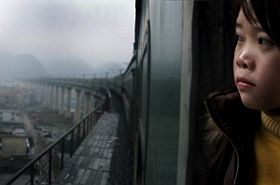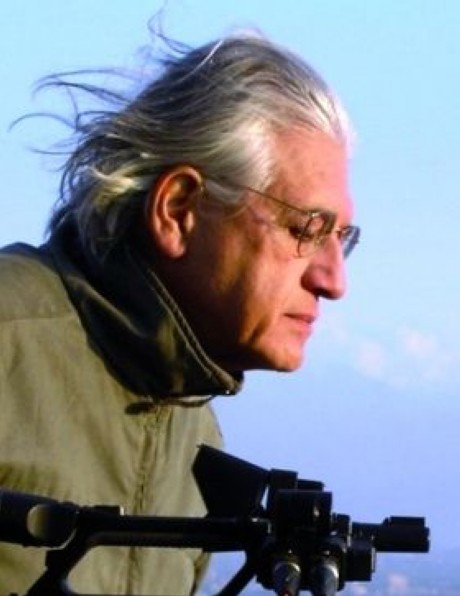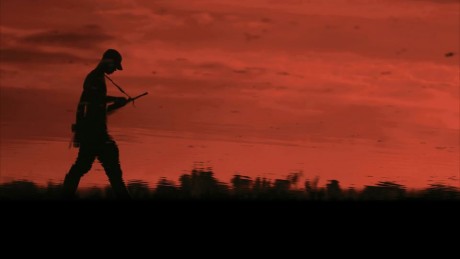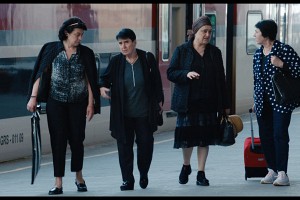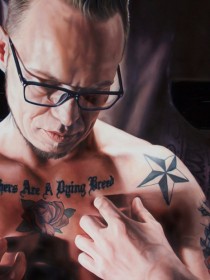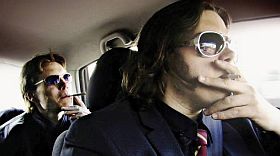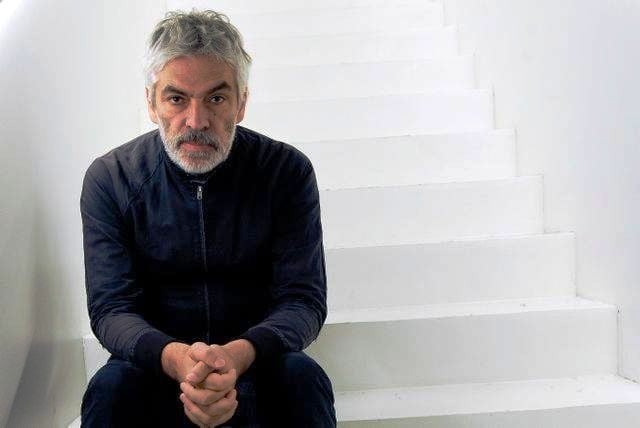Two days. 20 projects presented. I attended them all online as an observer. From my armchair. And had fewer sighs and shaking my head in disappointment than when the Forum is alive. Why… Maybe because I had close-ups on my screen of the moderators, the pitching teams and the broadcasters and film fund consultants. Instead of sitting far away from the action, in an observer’s seat in a big hall.
The moderators did a very fine job – Gitte Hansen’s face always readable: Here is an emotional project, here is something that could be fun to watch, and sceptical (with good reason), when some of the panelists did not really deliver what she wanted. The same with Mikael Opstrup who also contributed with quick reactions to what was said. Why less irritated… Maybe also, no because it is so important that documentarians meet in tough times, both those who make or support the films and those, who are waiting for good films to be broadcast.
Those pitching were in general well prepared and appreciated that some came
to the trailer/teaser quickly and that some put in some passion in their talks. I was again thinking that we could do without the end comments, “we are looking for coproductions and pre-sales…”, of course they do, why not just say “ we are looking for funding and (very few said that) creative help”. On the other hand, in terms of pitching, it also still surprises me that so many need a script to look at. It makes a presentation more stiff when your language is written language.
And the responders to the pitch – they were all very positive, “thank you for the pitch” (I am fed up with that start sentence!) and then some comments, best when they asked questions that reflected some doubts. It is difficult to say something very brief, you need to be prepared, to have read the project in beforehand, watched the material, listen carefully to the verbal presentation.
Anyway, here is a handful of film projects that made me curious, you can check the details on the Forum’s website, link below:
Calendar Girls, Sweden – because of the original subject, “coming of old age story”, women over 60 in a dance team. The teaser presented what they do and think about as they are getting closer to the end, with humour – and indicated cinematic skills.
The Eclipse, Norway – because of the teaser, totally different from the 19 other presented, and the subject that interests me a lot: Serbia in 1999, and today. The director, Natasa Urban, born in Serbia, goes to her parents to draw out from them, and from herself, the memories of the crucial war. She wants to shoot on 16mm to give the past a cinematic look, she explained in a very convincing presentation.
The Last Relic, Estonia – because I know the project from before, and the director Marianna Kaat, who will, I am sure , catch the Russian soul after having filmed in Yekaterinburg for years, where a “theatre of the absurd reveals the conflicts between the political movements.” Marianna is very proud to have the Danish editor Jesper Osmund helping her. His name was mentioned several times.
I do salute the Nordisk Panorama system with a Wildcard for each of the countries, where film consultants choose a project to be pitched. The two first mentioned above are wildcards and here is another one that is surprising in content and form, from Iceland:
Band: This is not a Band, Iceland –“… is the make it or break it story of an Icelandic female band that probably will not make it and isn’t really a band”. 40 year old mothers… , a quite funny presentation, visual and verbal, by actress Alfrun Örnaolfsdottir – it helps with an actress pitching – who said that the film follow the women on their journey to, yes to what? They have booked a big hall to perform, but will anyone buy a ticket? Crazy project and crazy it was to have Gréta Olafsdottir from New York saying “just throw some money at them”. It was indeed uplifting to have a wild card as this at the forum.
The Gullspång Miracle, Sweden – because it’s a total wild story about old women, sisters and maybe not sisters, dna tests, paintings on a wall, family secrets, the trailer blew me away, confused me totally but also convinced me that this will be a fantastic family film, full of fun and emotions. Made me curious, and that’s what pitching is there for, right?
… and then of course there were the Swedish “Hacking Hate”, investigative journalism from and about the digital world, very timely, the Danish “The Fake Will – Forgiveness and Redemption”, Sønderby Jepsen’s follow-up to “The Will”, quite a story, and the director is a true storyteller, and the other Danish family film, “The Mountain”, very well presented by Christian Einshøj, no reading from paper, straight from the heart.
The still is from “The Will”, that now is followed by “The Fake Will…”, it’s gonna be a great film, I am sure.
https://nordiskpanorama.com/en/industry/forum/forum-projects/?type=selected



